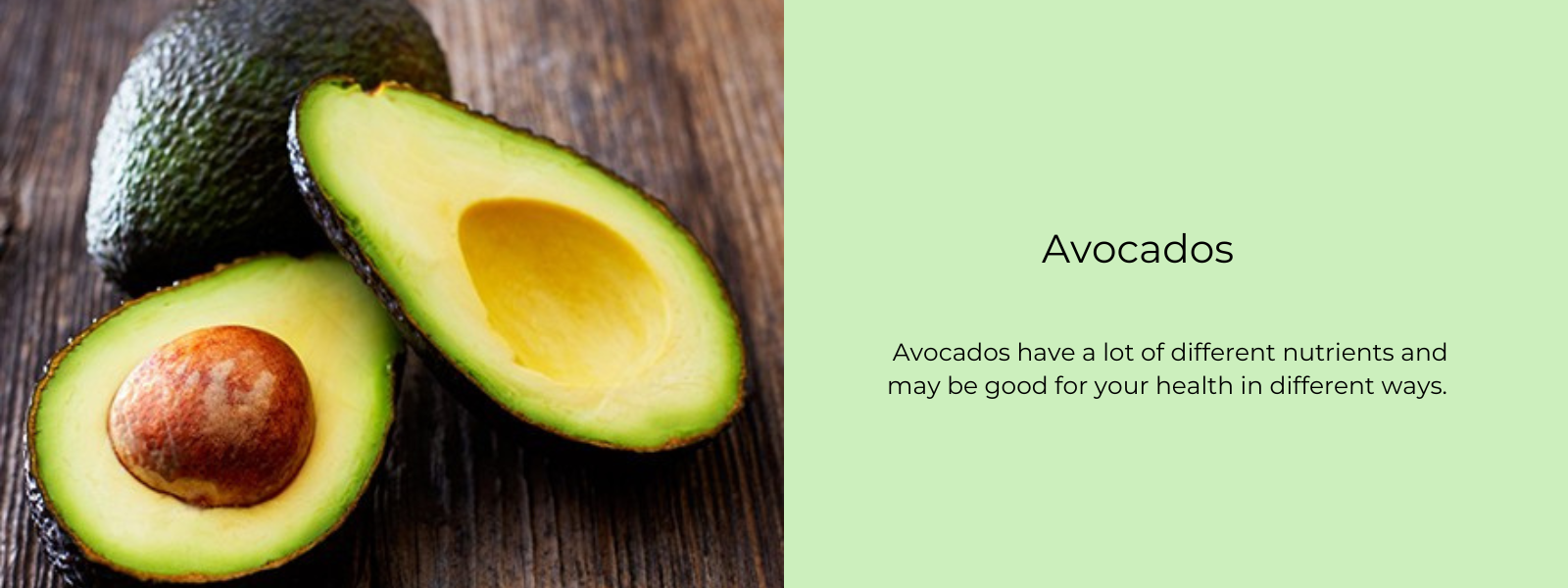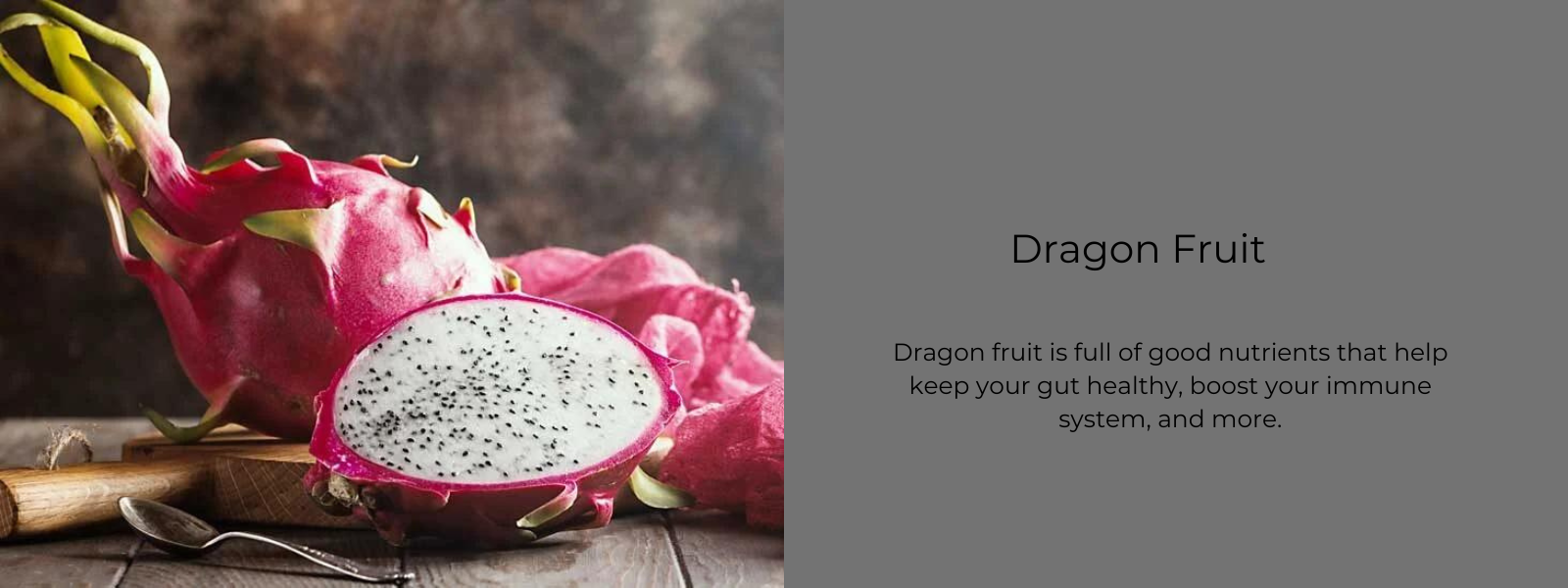Blueberries are delicious, good for you, and very popular. They are low in calories and very good for you. They are often called "superfoods." Since they are so tasty and easy to use many people list them as their favourite fruit.
The name "blueberries" comes from their colour. Blueberries are a very popular fruit because they taste sweet and sour and have almost no seeds.
People could only grow and pick small amounts of blueberries for hundreds of years. But at the beginning of the 20th century, they were tamed and sold on the national market. Blueberries are now a healthy snack that can be eaten all year long.
Table of Contents
What is blueberry?
The scientific name for blueberry is Vaccinium, and it is in the family Ericaceae. Blueberries are known as "superfruits" because they have a lot of polyphenolic compounds, which may have antioxidant properties and are sometimes used for their health benefits. The United States, Canada, China, and Chile all sell blueberries around the world.
Depending on what kind of blueberry it is, it is called high bush, low bush, rabbiteye, or European bilberry. Most species of the low bush blueberry, Vaccinium angustifolum, can be eaten.
Fun facts on blueberries:
- Anthocyanin is a plant chemical that is found in blueberries. This is why blueberries are blue and why they are good for you in many ways.
- Blueberries are good for the health of your heart, bones, skin, blood pressure, diabetes, preventing cancer, and your mind.
- One cup of blueberries has 24 percent of the daily amount of vitamin C that a person should get.
- Use blueberries to top waffles, pancakes, yoghurt, oatmeal, or cereal. You can also blend them into a smoothie or syrup, or mix them into muffins and sweet breads.
- People who take blood-thinners like warfarin should talk to their doctor before eating more blueberries because the high amount of vitamin K can affect how blood clots.
Types of blueberries:
Highbush
The scientific name for this plant is Vaccinium corymbosum, and it is a very common kind of blueberry we can find. As the name suggests, this grows into a bushy six-foot-tall plant. Even though it is often called a shrub, this plant is really more of a tree.
Lowbush
The scientific name for this plant is Vaccinium angustifolium. It is also known as lowbush. These small bushes do well in many different hardiness zones.
Hybrid half-high
The half-high blueberry is a cross between the lowbush and highbush varieties. It has the best qualities of both. It does get as big as a bush or shrub.
Rabbiteye
The scientific name for this plant is Vaccinium virgatum, which means "rabbit eye." This type of plant grows well in the southeast of the United States. It is a type that doesn't get eaten by bugs and grows a lot of fruit.
Nutritional value of blueberry:
A half cup of blueberries, which is about 80 grammes, has:
Calories: 42
Protein: 1 gram
Carbohydrates: 11 grams
Fibre: 2 grams
Sugar: 7 grams
Fat: Less than 1 gram
The glycemic index for these berries is 53. (GI). It measures how quickly different foods can make your blood sugar go up. But that's not where the story ends. There is a lot more to the blueberry fruit than the health benefits that come from it.
Blueberries have fibre in them. And we all know that fibre helps your digestive system work well. Aside from this, the fruit of the blueberry is also a great source of many vitamins and minerals.
Health benefits of blueberry:
Higher levels of antioxidants
Blueberries are one of the best sources of antioxidants that you can find in nature. Even though your body doesn't need antioxidants to work, they help protect your body from damage caused by free radicals. As waste, your cells make particles called free radicals, but these particles can hurt other cells. If you eat blueberries every day for just two weeks, you can protect your cells from damage by up to 20%.
Better cholesterol levels
High cholesterol can build up in your arteries, which is bad for your heart. When cholesterol builds up, it gets oxidised over time, which is bad for your body if it happens a lot. Antioxidants in blueberries stop cholesterol in your blood from being oxidised and may even help keep cholesterol from building up in the first place.
Controls high blood pressure
People with metabolic syndrome who eat blueberries often can lower their high blood pressure and protect their heart health. The current theory is that blueberries help the body make more nitric oxide, which lowers blood pressure inside blood vessels and helps relax smooth muscles.
Control diabetes
People with diabetes can better control their blood sugar levels by eating blueberries. Studies have shown that eating blueberries often can help people with type 2 diabetes use insulin better. People with type 2 diabetes can also cut their fasting blood sugar levels by almost a third by eating blueberries. This makes it easier for them to control their blood sugar levels.













Leave a comment